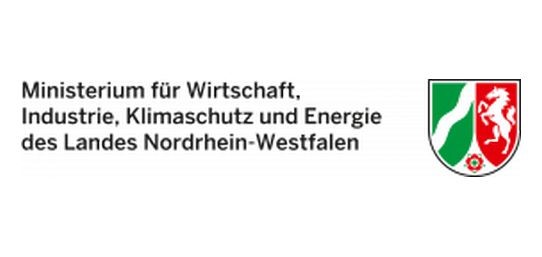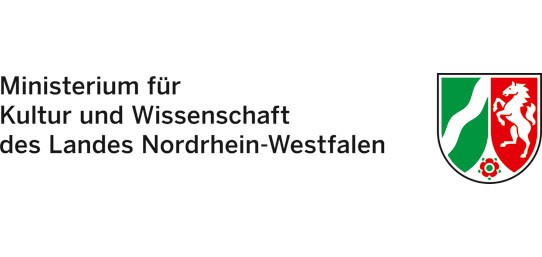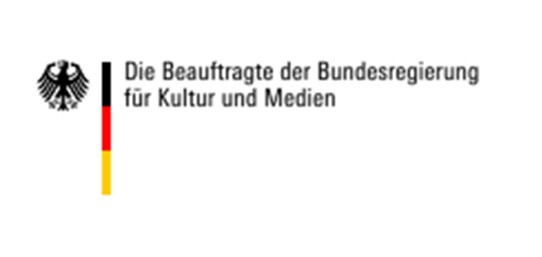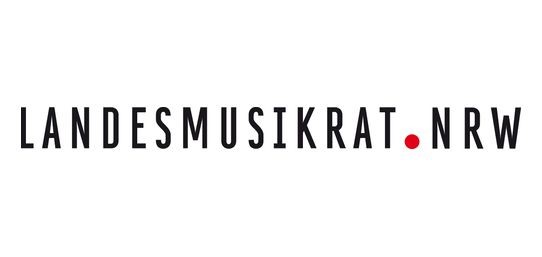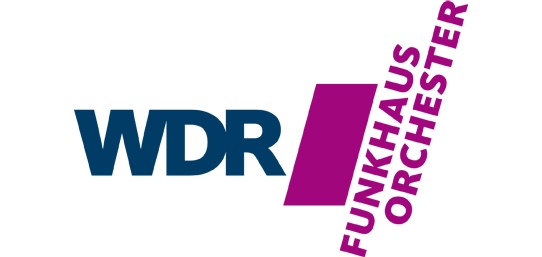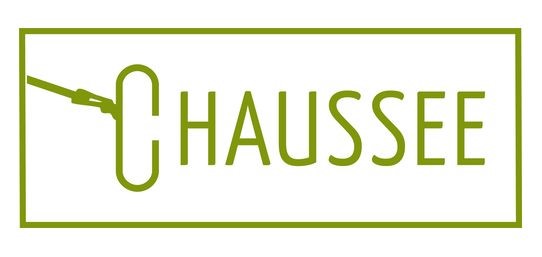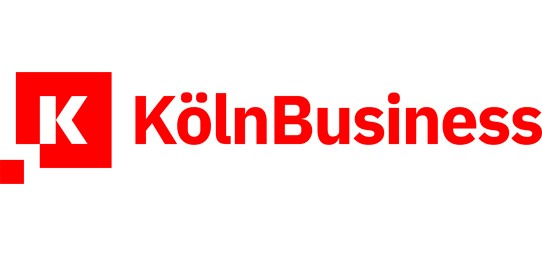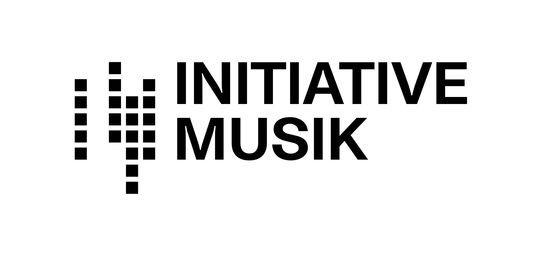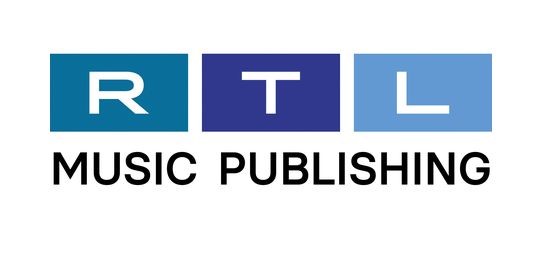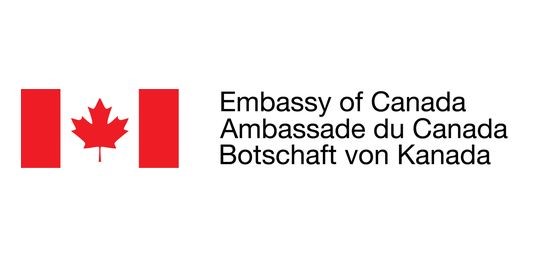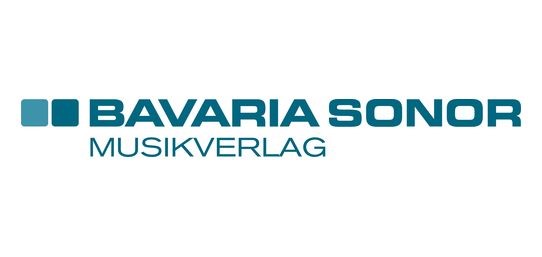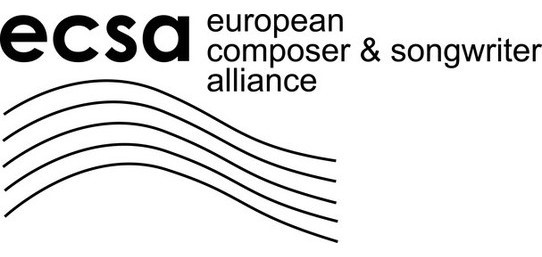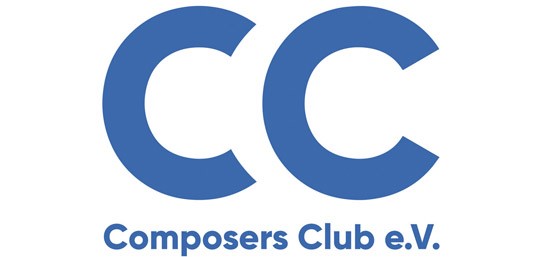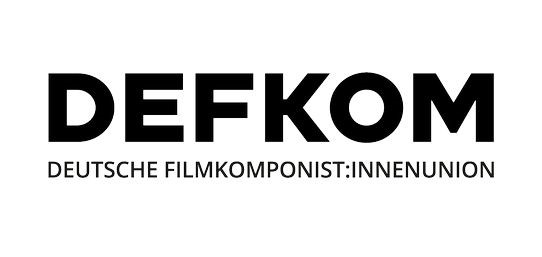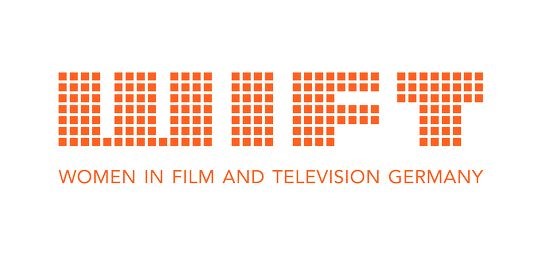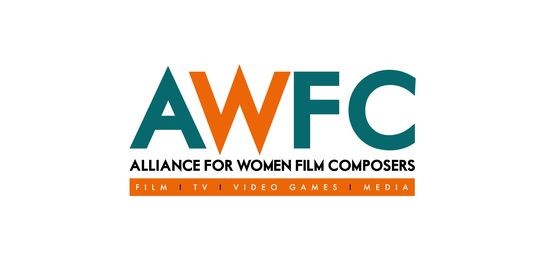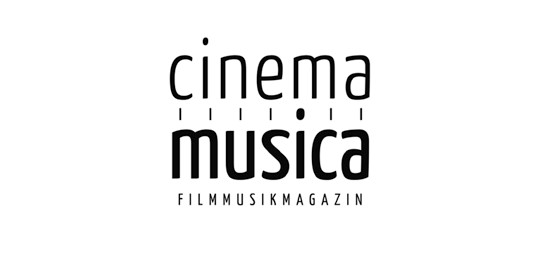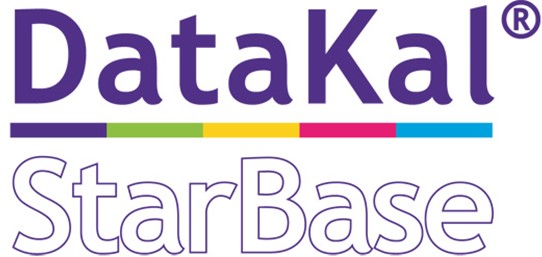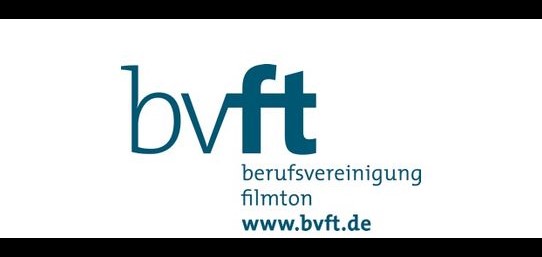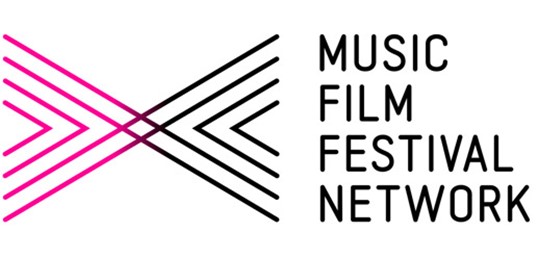MAIN FINDINGS · AI AND MUSIC SURVEY
Artist Monitor Results
So far, 2024 has been characterized as a year in which innovations in AI have truly taken off. New tools are launched weekly, rapidly reshaping several sectors, including the music industry. Such drastic changes and fast-moving scenarios bring great challenges that deeply concern professionals in the field.
The 2024 edition of the Live AM: Artist Monitor coordinated by Prof. Dr. Francisco Tigre Moura from the IU University and SoundTrack_Cologne, headed by Michael P. Aust, revealed important findings regarding the perceptions of music professionals towards artificial intelligence (AI).
Among many other things, the study particularly revealed that those who most know about Artificial Intelligence applied to music are precisely those who are less excited about the use of these tools in the industry.

